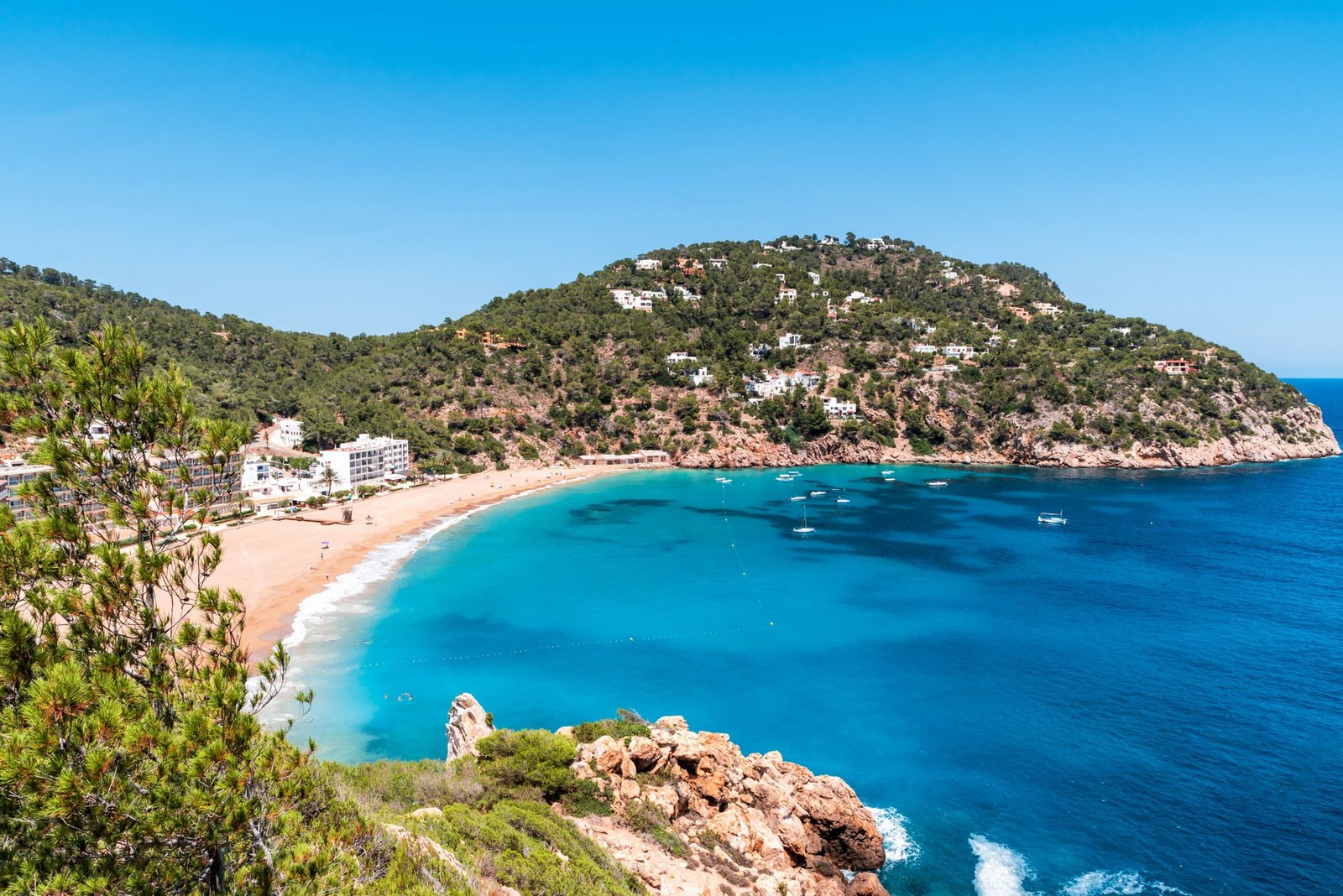Portugal: Activists in Lisbon are proposing a vote on a ban on holiday rentals in residential blocks, shortly after the government announced that it was revoking restrictions that were brought in by the previous Socialist regime.
The Movement for a Housing Referendum [Movimento Referendo pela Habitação – MRH] claims to have secured 11,000 signatures from locals on a petition that it is preparing to present to municipal authorities. The group says that the petition reflects the housing issues in Lisbon being experienced by more than 6,000 residents and that some 4,400 residents have been forced out of their homes due to the cost of living crisis.
According to Raquel Antunes, a member of the referendum movement, more than 20,000 units are registered as holiday rentals in Lisbon, and the high proportion of short-term rentals and rising numbers of tourists are turning communities into “leisure centres”, leading to rising noise levels, littering, pollution and overcrowding.
After foreign visitor numbers grew by 7.5 per cent in a record breaking first half of 2024, residents are concerned that a rise in listings in popular and historic neighbourhoods in the capital is pushing up rent levels and real estate prices to unsustainable rates for locals.
Despite not wanting to eliminate holiday rentals entirely in Lisbon, the housing movement believes that a ban on short-term rentals in residential buildings would contribute to addressing the city’s housing crisis and help more residents to stay in their homes.
At the start of this month, the new Portuguese Government’s decree-law 76/2024, which revokes some of the short-term rental restrictions brought in by the previous Socialist government’s ‘Mais Habitação’ [More Housing] programme, officially came into effect. The decree-law specifically revokes mandatory short-term rental licence renewals and restrictions on new registrations, while the power to make decisions on licences and registrations will be restored to municipal councils.
In addition, the decree-law will undo the automatic expiry of inactive licences and the planned re-evaluation of existing licences in 2030, condominiums will no longer have the “absolute power” to approve, cancel or deny licences without justification, and the government has clarified valid use cases and operational guidelines for short-term rentals [or alojamento local – AL – in Portugal].
Last year, the Portuguese Government put an end to its contentious ‘golden visa’ scheme and introduced a ban on new licences for short-term rentals as part of a €900 million package of measures designed to alleviate the country’s housing crisis.
However, the landscape shifted when Socialist Prime Minister António Costa stood down at the end of 2023 amid corruption allegations, and centre-right Democratic Alliance leader Luís Montenegro succeeded him in a snap election in March.
In August, the newly-formed government proposed the reversal of short-term rental restrictions and changes to the legislation introduced by the Mais Habitação package.
Eduardo Miranda, president of Portuguese short-term rental industry association ALEP [Associação do Alojamento Local em Portugal], spoke exclusively to STRz last week to provide his insights into the government’s decision and what it would mean for the country’s travel and tourism industry.
In a statement, Airbnb said that it welcomed the new decree-law on tourism in Portugal, which “puts and end to the disproportionate measures of the Mais Habitação programme”. The company added that it was committed to driving effective collaboration with governments by sharing data under new EU rules, protecting short-term accommodation that allows local families to benefit from tourism, and working with tourism protection agencies and regional tourism entities to encourage geographical dispersion beyond the most popular locations.
Sara Rodríguez, head of policy for Portugal and Spain at Airbnb, said: “In Lisbon, more than eight in ten hosts say that hosting through Airbnb helps them cope with the rising cost of living. Airbnb believes that a national registration system, together with data sharing with authorities, are essential tools to provide local authorities with the transparency they need to better understand the impact of short-term rental activity.
“We are excited to work with the Portuguese government and local authorities on the adoption of future EU rules on data sharing, which can guide specific policy interventions where a clear need is identified. Together, a sustainable tourism future for Portugal is possible,” she added.







